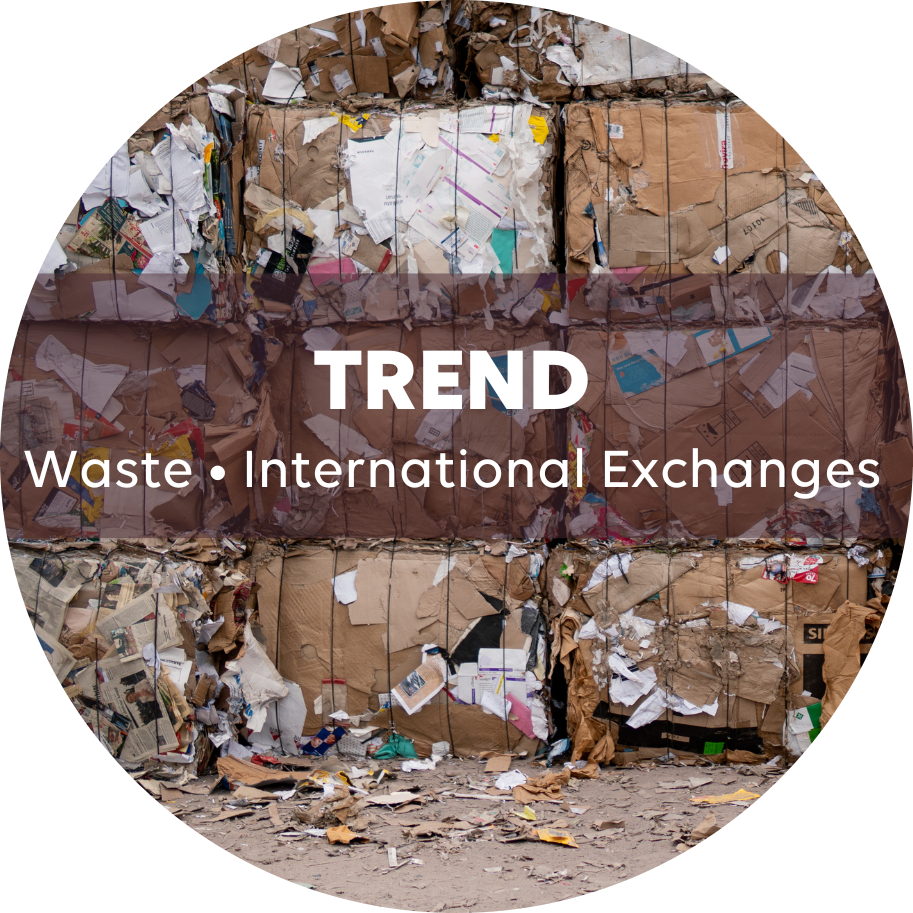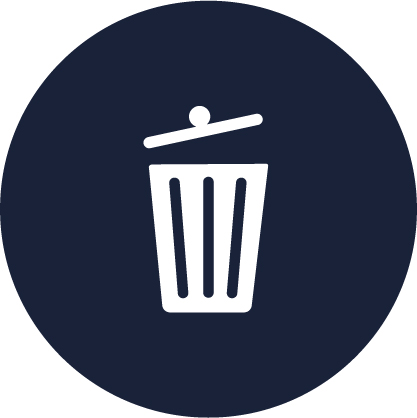Waste • From illegal flows to local recycling, waste treatment is being reorganized
The bans on plastic waste imports to Asia have had the effect of shifting geopolitical lines, but their impact has not spurred more effective waste treatment in exporting countries. Considered as a resource in developing countries, plastic waste is a source of trade from which the gains are asymmetrical.

The bans on plastic waste imports to Asia, that started with China in 2018, have had the effect of shifting geopolitical lines, but their impact has not spurred more effective waste treatment in exporting countries. Considered as a resource in developing countries but viewed as waste in developed countries, plastic waste is a source of trade from which the gains are asymmetrical. Yet the urgent need to treat this type of waste has raised a new awareness, which can be observed in major transnational agreements and in local initiatives.
- Bans in Asia divert waste flows towards new destinations
- Recognized as hazardous waste, plastics fuel illegal trafficking
- Plastic pollution restrictions target informal networks
- Initiatives at the local, regional and national level nevertheless shine some light on the future of waste treatment
The bans on imports of plastic waste established by China in 2018, followed by some of its neighbours, have underlined the insufficient local capacities for recycling in industrialized countries that export their waste. The urgent relocation of recycling for millions of tonnes of plastic has also illustrated the precarious conditions of their recycling practices. In parallel with this process, and as part of the Basel Convention, the labelling and control of waste represents a key issue to avoid the bypassing of international rules and bilateral agreements. In fact, illegal trafficking of waste is managed by highly organized environmental crime networks and, while exports of plastic waste to Southeast Asia have officially decreased, illegal transfers have sometimes replaced formerly legal trade, leading to non-official, more dangerous recycling practices. Europe has made some progress in recycling polymers but has come up against the limits of this type of treatment to truly reduce the sector’s emissions and make the move to a circular economy, which primarily involves preventing the production of plastics and the reuse and recovery of these resources.




